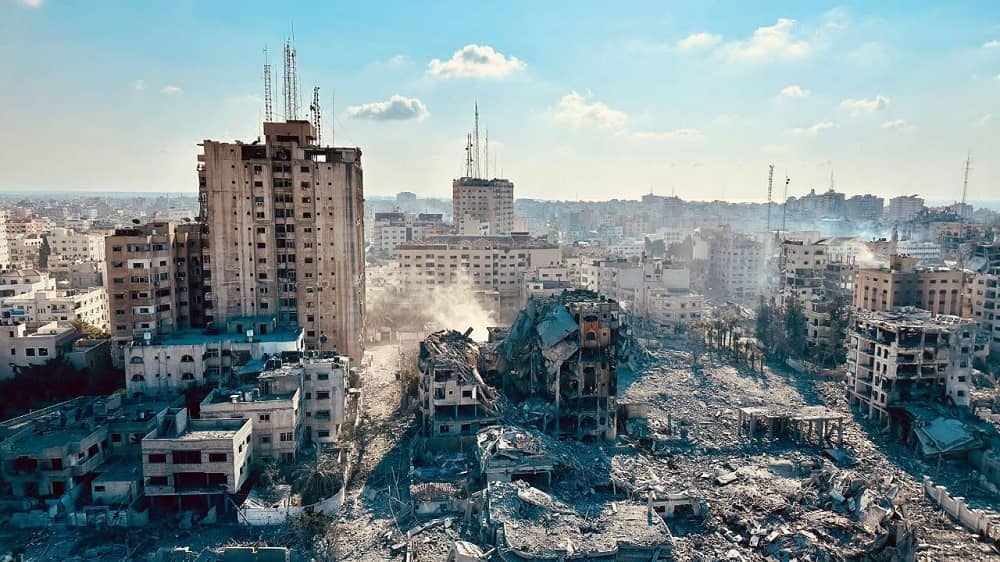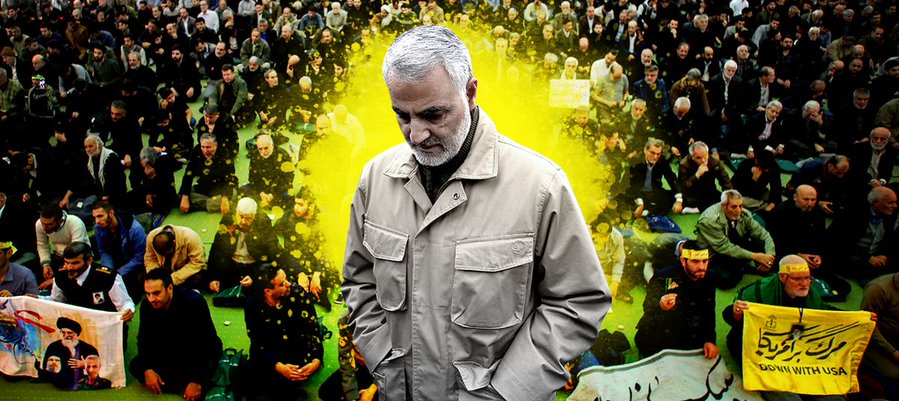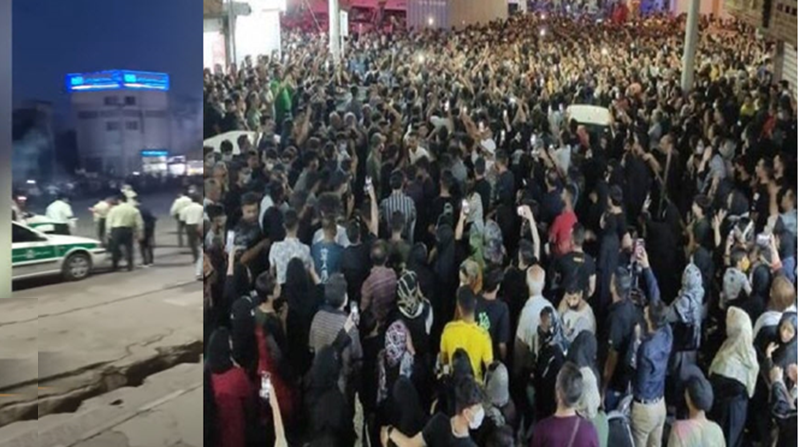

The concept of ‘proxy forces’ and ‘proxy war’ has long been a part of global political culture. This definition is standard in classical political discourse. However, within the Iranian regime, the use of ‘proxy forces’ takes on a different, more nuanced role.
The Iranian regime employs two primary strategies to maintain its power. The first involves severe internal repression, evidenced by its extensive human rights violations, which have been condemned by the United Nations more than 70 times. This harsh reality is further highlighted by the high number of executions within the country in 2023.
The second strategy is external aggression, executed through proxy forces. These groups incite war and crises in regions under Iran’s influence. The Quds Force of the Islamic Revolutionary Guard Corps (IRGC) plays a central role in this. It orchestrates the deployment of these proxies, as seen in various regional wars and crises.
The influence of the Quds Force was notably embodied by its late commander, Qassem Soleimani. He maintained a significant presence in Syria, Iraq, and Lebanon. Iran’s former Foreign Minister, Javad Zarif, even revealed in an interview that the country’s foreign policy heavily relies on such forces, with regular strategy meetings with Soleimani.
Commander Gholam Ali Rashid of the IRGC stated that Soleimani organized six armies in the region, including Hezbollah in Lebanon, Hamas and Islamic Jihad in Palestine, Hashd al-Shaabi in Iraq, and Ansarullah in Yemen. These groups act as barriers to protect Iranian interests.
Iran’s Supreme Leader, Ali Khamenei, has emphasized the importance of maintaining active forces in the region to counter the ‘enemy,’ a term he uses to refer to Iranian citizens. These proxy forces, in a political sense, offer more benefits than direct military intervention. They commit acts that would otherwise result in significant political losses for Iran if carried out by the Revolutionary Guards.

A prime example is the Lebanese Hezbollah, which has committed crimes against Syrians. Similarly, Hashd al-Shaabi in Iraq targets dissidents, and the Houthis in Yemen act on Iran’s behalf. The primary aim of these proxy wars is to exert pressure on Western and regional governments, attempting to restrict the activities of Iran’s ‘enemy,’ identified as the Iranian resistance.
The National Council of Resistance of Iran (NCRI) represents this resistance. It enjoys global support, including endorsements from former heads of state, Nobel Prize laureates, and thousands of European mayors.

Figures like Mike Pence and Mike Pompeo have recognized and supported the NCRI’s legitimacy. The Iranian resistance maintains that the Velayat-e Faqih regime is the main obstacle to peace and security in the region. They argue that eliminating the religious fascism ruling Iran is essential for liberating the Iranian people and the region from the regime and its proxy forces.

MEK Iran (follow us on Twitter and Facebook), Maryam Rajavi’s on her site, Twitter & Facebook, NCRI (Twitter & Facebook), and People’s Mojahedin Organization of Iran – MEK IRAN – YouTu







